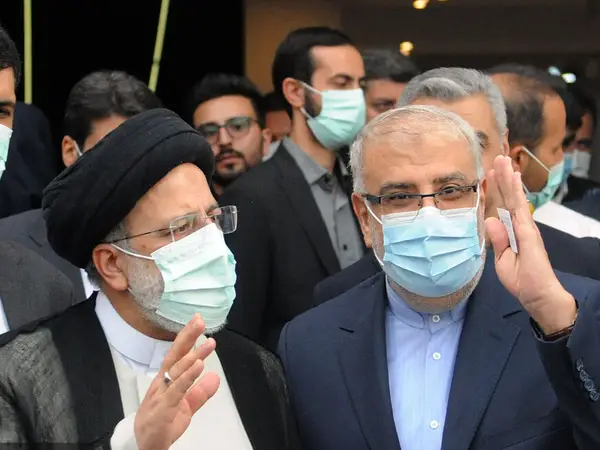The Iranian government faced a serious problem in collecting revenues in the first 2 months of the calendar year, with oil income far from the expected amount.
The Supreme Accounting Office has released a report covering the period March 21- May 20 that shows except tax revenues, all other major sources of income grossly underperformed, which local media said was a serious warning for the government and the economy.
The government’s revenues from taxes, oil exports, customs duties, etc. totaled 880 trillion rials or about $3.5 billion (average free market exchange rate) in the 60-day period. This was just 37 percent of the projected budget revenues. However, it was forced to spend almost $5 billion in the same period. This was also about half of what the government had to spend, appropriating money to various ministries and provinces.
But the most notable number in the report is how little oil income was collected. While 79 percent of tax revenues were realized, only 15 percent of oil export income entered government coffers.
This is despite constant claims by Iranian officials that oil exports have increases by 40 percent in the past 12 months, which to a large extent correspond with what tanker traffic monitoring companies around the world have confirmed.
Iran’s budget was set with the expectation of 1.2 million barrels of oil exports per day. The consensus among observers is that Iran has shipped anywhere between 750,000 to close to a million barrels a day, while prices have spiked since the budget was approved. Therefore, oil export income should be close to what was set in the budget.
There could be a few explanations for the huge financial discrepancy mentioned in the Supreme Accounting Office report.
One possibility is that Iran is not receiving cash for the oil exports that largely end up in China. Many have mentioned barter trade, whereby Iran receives goods in lieu of the oil sent to China. The other possibility is that Beijing is keeping the money for now, given United States’ banking sanctions on Iran.
However, oil minister Javad Owji claimed on July 4 that Iran is receiving 80 of oil proceeds in cash and only 20 percent in barter. If this is true, then one can wonder where the money is and how it happened that the government got only 15 percent of what it expected.
This brings us to the second possibility. Cash collected from oil exports does not end up in government coffers and instead it is distributed to ‘revolutionary’ entities in Iran and abroad whose existence and operations are deemed essential for the regime, which is controlled not by parliament or presidential administrations, but by Supreme Leader Ali Khamenei.
It has always been known that the official government budget pertains to routine operations, such as civilian ministries and the large public-sector industrial companies, banks, etc.
The Revolutionary Guard, for example, has a nominal public budget appropriated by parliament, which is around $4-5 billion, but according to some estimates it spends at least $17 billion. The same is about secret expenditures to support military, intelligence and influence operations in Iraq, Syria, Lebanon and elsewhere.
